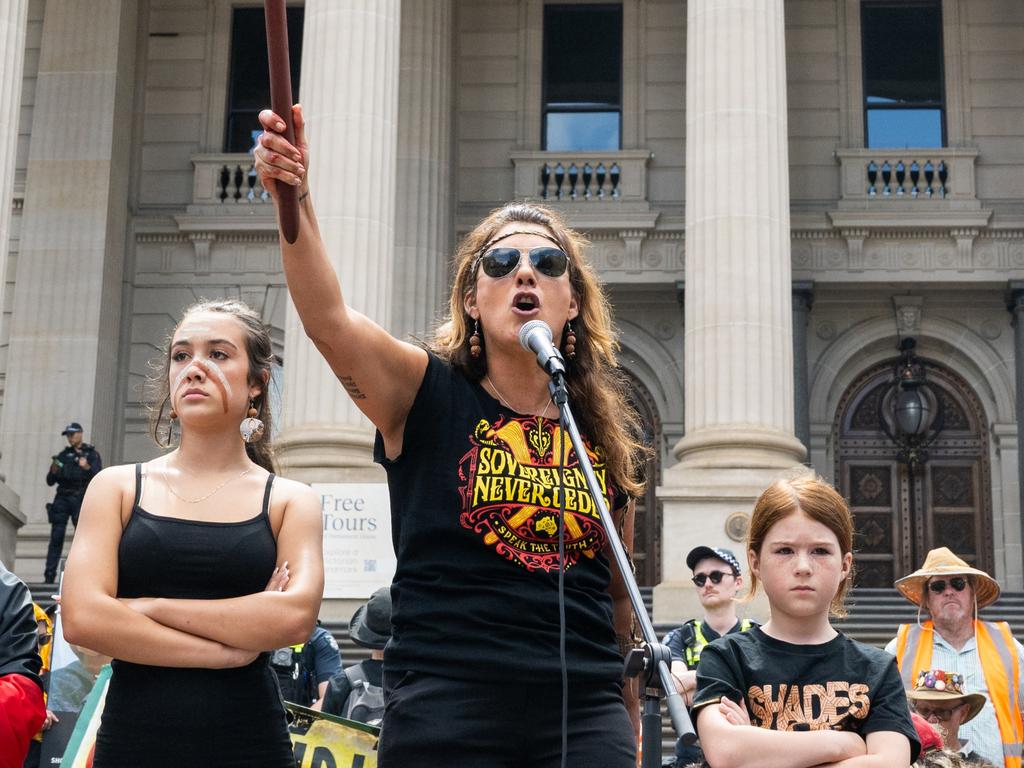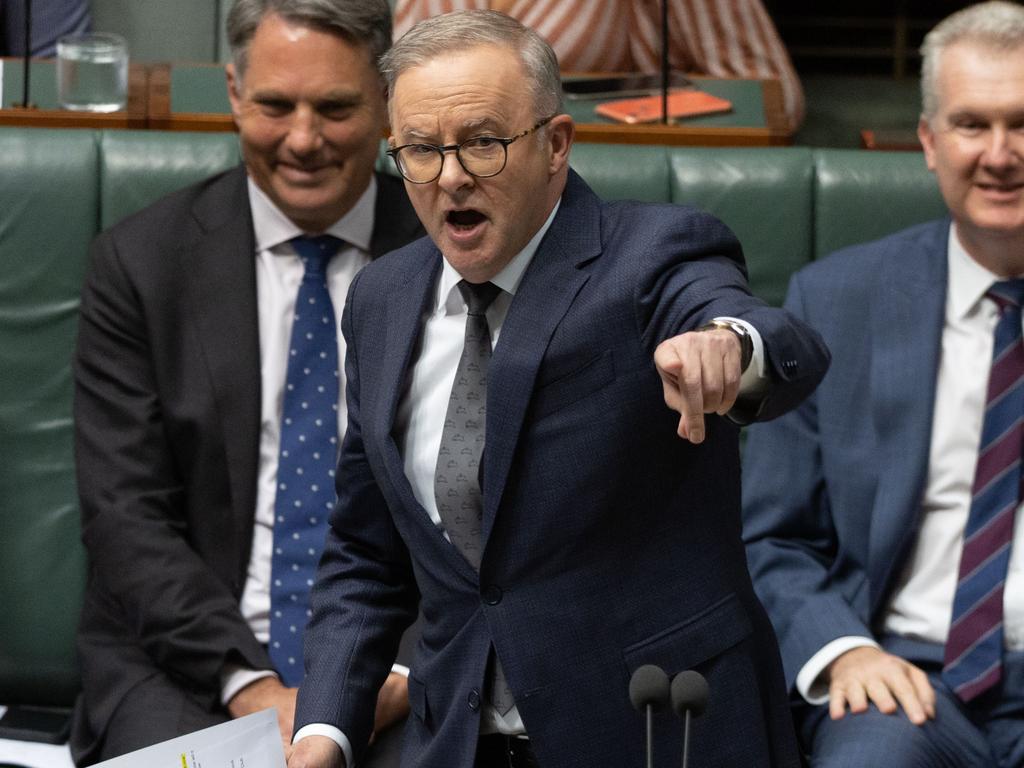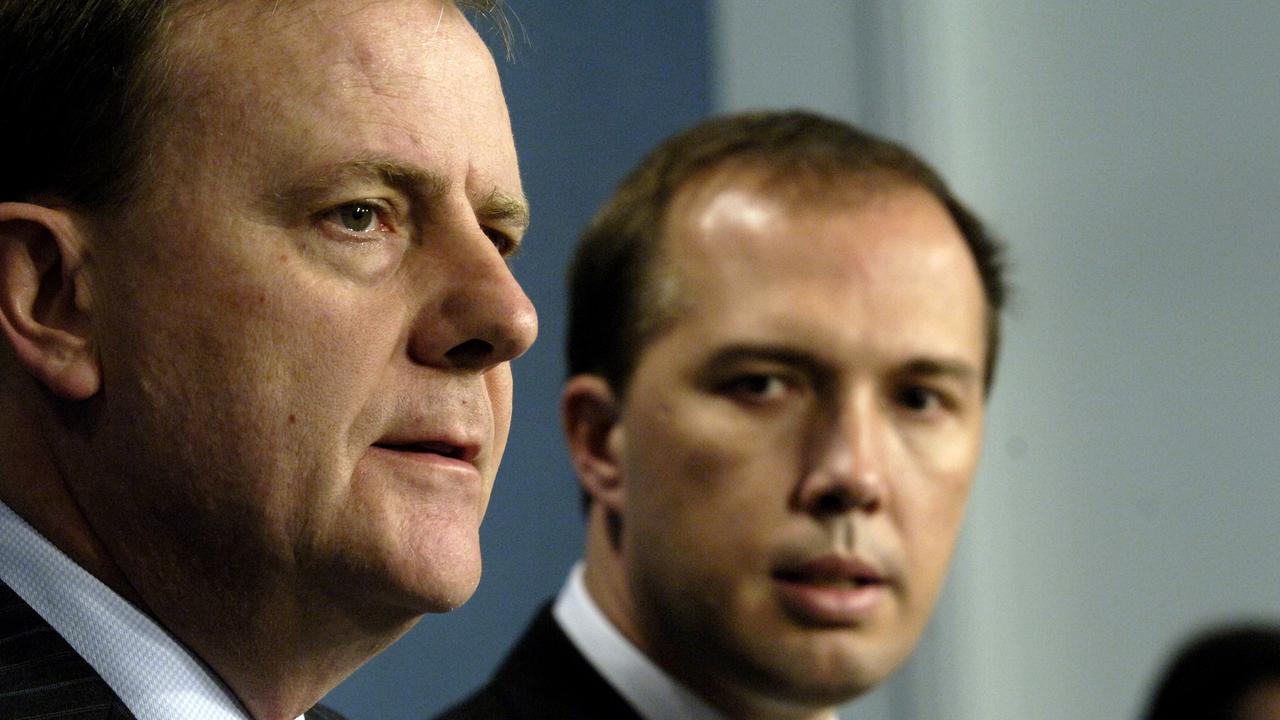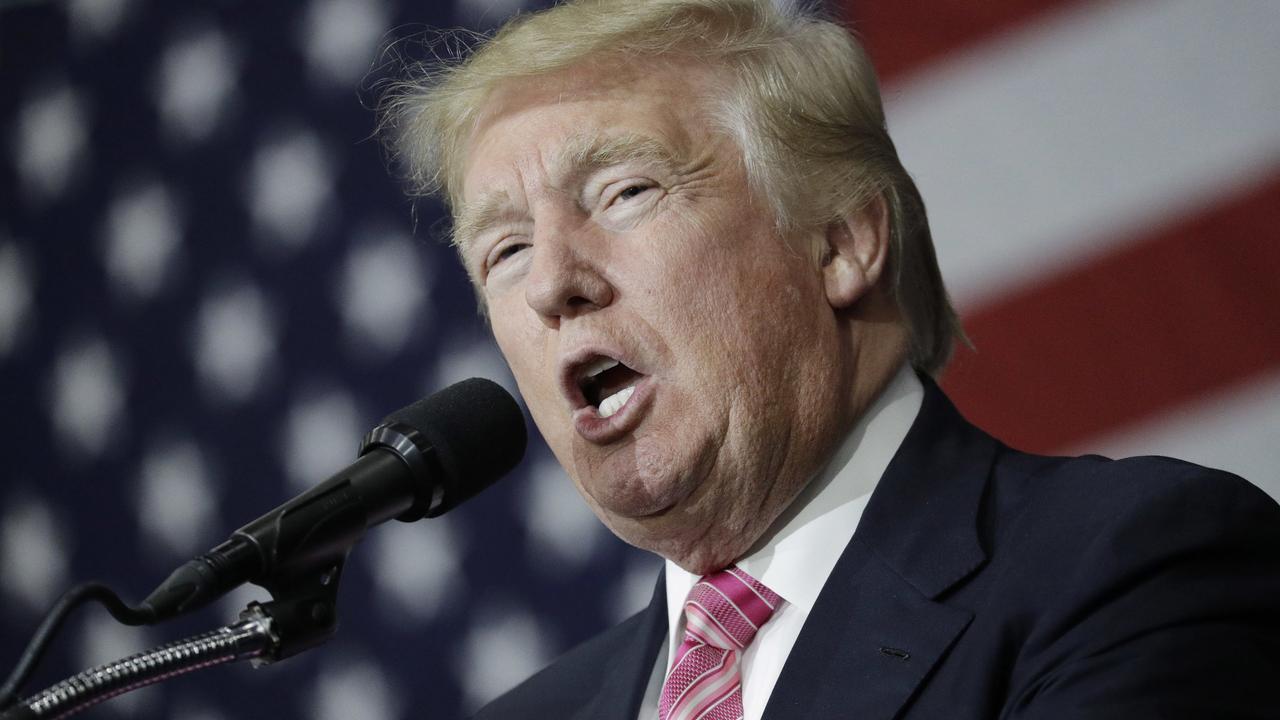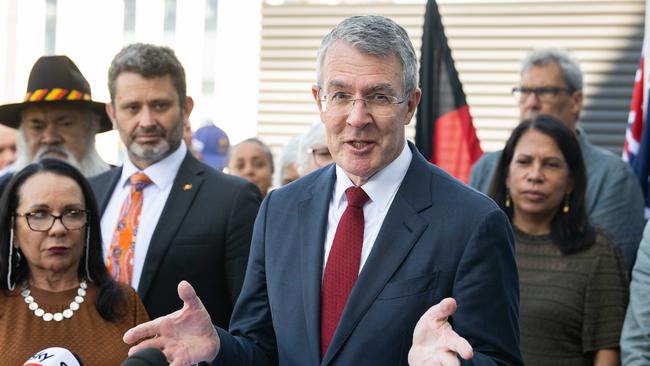
The great mystery in the looming voice debate is the opinion of the Solicitor-General Stephen Donaghue QC on the proposal.
But there is clear circumstantial evidence that he has significant reservations about what the Australian community looks set to vote on in the coming referendum.
The nation can be thankful that our major parties have agreed on the machinery for the referendum. What we need is an agreement on the substance of the referendum that enables first nation people to be properly recognised without the constitution being endangered.
Australia is embarking on an enormous defence expenditure commitment, which will require clear direction from the cabinet and the government over coming decades on financial and other matters. There is clear risk that the referendum wording will severely disrupt the working of government (no matter which party is in power) and its ability to manage the nation.
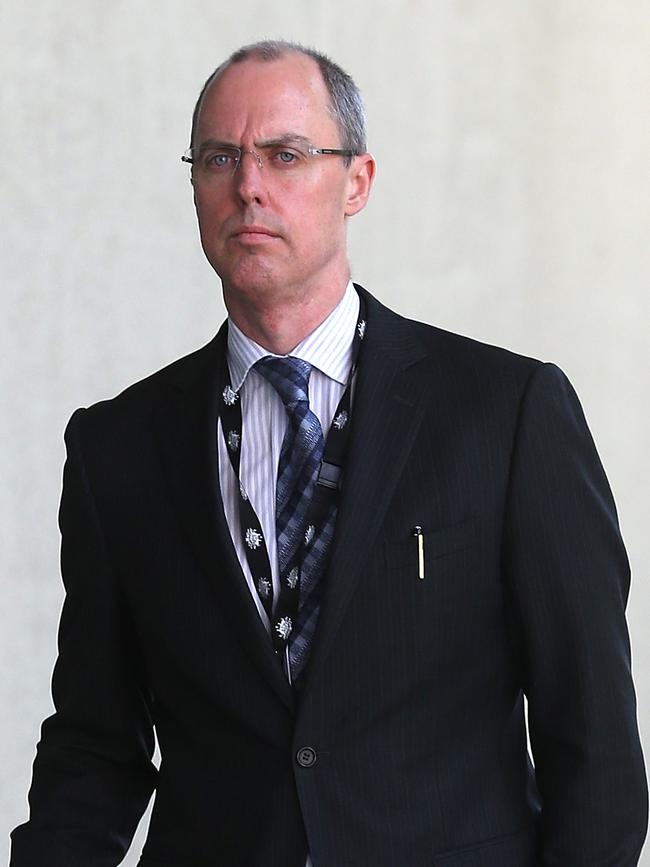
One interpretation of the current proposed constitutional change wording is that the country will become almost ungovernable, with severe consequences for the standard living of all people.
The issue has moved far beyond the question of proper recognition of the role of our First Nations people in our history.
When I last wrote on this subject I called on the Solicitor-General to inform the Australian public of his views and, given the importance, I asked the Opposition leader Peter Dutton to approach former Solicitor-General Dr David Bennett for a second opinion.
While there has been no public statement in response from the Solicitor-General, along with the Attorney-General, Mark Dreyfus, he met with the government’s referendum working group.
At that meeting Dreyfus suggested major amendments to the proposed wording which were rejected by the aboriginal elders on that committee.
In the absence of clear public statements and the radical nature of the Dreyfus change, I believe the nation is entitled to speculate that the Solicitor-General may have important reservations about the proposed referendum wording.
This is a vital subject for the Australian business community because there is division in legal circles as to the likely impact on the workings of our parliament and democracy from the current referendum proposal.
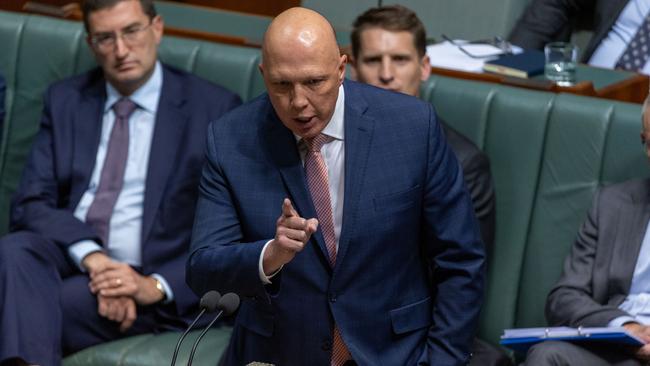
A leading member of the business community, whom I respect, forwarded me a list of leading lawyers who support the current wording of the referendum proposal in opposition to the senior constitutional lawyer who talks to me and says that it will create a form of anarchy in the workings of the parliament and the cabinet.
Currently, the legal community is split. Under the constitutional proposals, a body will be set up to make representations to parliament and the “Executive Government” on matters relating to Aboriginal and Torres Strait Islander peoples.
It will be up to the High Court to determine what those words mean. One view is that in time, the High Court will determine that the First Nation body would not be restricted to advising the cabinet on matters that purely impact First Nation people. The body will have the power to make representations to the Cabinet as matters relate to vast areas of the population, including First Nation people.
That means just about everything that the cabinet considers could relate to First Nation people – as well as everyone else – and will therefore require representation from the First Nations body. And the cabinet would be required to consider those representations
But there is also a widely held rival view which says that the High Court would never make such an interpretation and will leave these matters to the parliament.
We don’t know which camp the Solicitor-General supports – it’s likely he will be in between – but given at the last minute he supported a radical solution to the problem, it would seem he appreciates the danger.
The Australian’s legal affairs contributor Chris Merritt using press reports of the proposals says the government now wants the referendum to allow parliament to usurp part of the role of the justice system by allowing the legislature, and not the courts, to determine the legal effect of representations by the body set up by the referendum.
This would enable parliament to determine which parts of the executive would be obliged to consider the voice body’s advice
Until now, power under the Constitution has been strictly divided between the judiciary on the one hand and the two other branches of government – the executive and the legislature.
Merritt believes the latest change would introduce an internal constitutional inconsistency that could result in even more litigation and uncertainty than the original proposal.
In my nonlegal view, the new Dreyfus proposal attempts to restore the current power already held in the constitution, enabling the parliament to make laws about aboriginal and Torres Islander people. That restoration, of course, creates a legal minefield.
Section 51 (26) of the constitution enables the parliament to make laws with respect to the people of any race for whom it is deemed necessary to make special laws.
The constitution therefore gives the parliament the power to make laws about First Nation people, which will enable anybody set up by the parliament to embrace any task covered by the legislation.
Importantly, the power remains within the parliament, not the High Court.
It is highly likely Australians will support such a proposal, avoiding the fierce relation-destroying debate we have ahead of us if the current plan goes to a referendum.
Footnote: After I filed the above copy I received I call from a constitutional lawyer who said I had not gone far enough because the term used in the referendum proposal “executive government” goes much further than the cabinet.
It encompasses most government activities and bodies led by tax, migration social services energy and climate and so on.
All these bodies and departments are all in danger of being subject to representations from the body being set up in the referendum.



